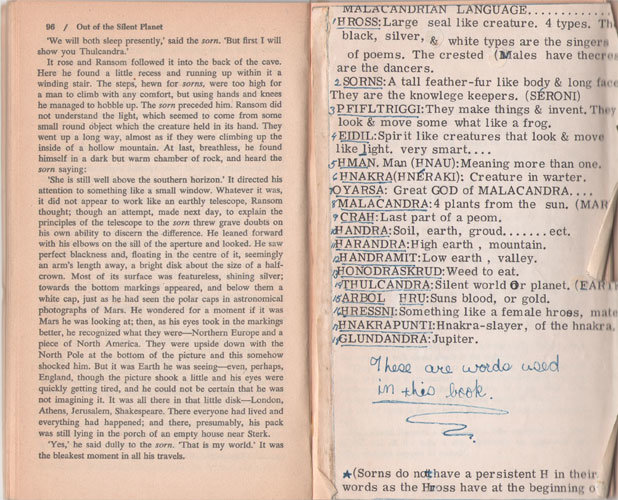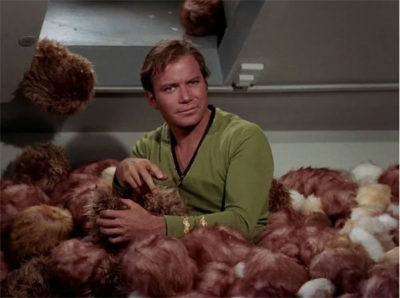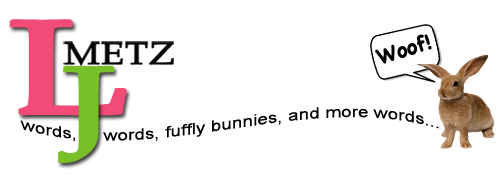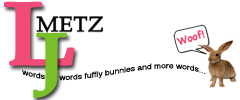This might surprise some of you (or maybe not), but I was pretty much a nerd in middle school and high school (as opposed to the super cool person I am now ). Thus, my fascination with alien words.
). Thus, my fascination with alien words.
A few years ago, I showed my daughter, who was then in 8th grade, a page from my 8th-grade diary. Written in 19—never mind the year—my diary entry for Feb. 27th began thus:
“If I could have any wish I wanted it would be to go to the land of Narnia. Some days I sit and think of ways I could get there. Now if I were to read this 10 years later I would think to myself what is this land of Narnia?”
Needless to say, I had an aversion to commas. And, truthfully, my future self can still picture Narnia perfectly in her much older head. Anyway…
My daughter’s reaction was not to laugh, but rather to look at me seriously, and with a fair amount of pity say, “Oh, mom, you wouldn’t last a day in my school.” (Honestly, had it not been for the safe haven of the drama department, I wouldn’t have lasted a day in my high school.)
The reason I bring this up is that a month ago I agreed to write a post for Sci-fi month that addressed my fascination with alien languages. (No, not the ones they speak across the border; rather, the ones they use on the other side of the universe. i.e. Klingon.)
 A fascination that began post-Narnia, but was initiated by its very same author, C.S. Lewis, in his science fiction trilogy known as the Ransom or Cosmic Trilogy series. Long before I realized Klingon was a language (decades before I attended my first production of The Klingon Christmas Carol) I discovered the Malacandrian Language spoken by the Hross in Out of the Silent Planet, the first book of Lewis’ science fiction series. For whatever reason (Who knows what was going on in my 16-year-old mind) I was so fascinated by this made up (but then isn’t all language made up?) alien language, I painstakingly made my own glossary and taped it inside the book.
A fascination that began post-Narnia, but was initiated by its very same author, C.S. Lewis, in his science fiction trilogy known as the Ransom or Cosmic Trilogy series. Long before I realized Klingon was a language (decades before I attended my first production of The Klingon Christmas Carol) I discovered the Malacandrian Language spoken by the Hross in Out of the Silent Planet, the first book of Lewis’ science fiction series. For whatever reason (Who knows what was going on in my 16-year-old mind) I was so fascinated by this made up (but then isn’t all language made up?) alien language, I painstakingly made my own glossary and taped it inside the book.
 When I look back and try to analyze my fascination, I realize it has little to do with the language. Rather, when I read a science fiction book in which humans end up communicating with alien creatures, my imaginative, yet highly organized and (though some might argue against this) rational mind needs to understand two things. One, how do creatures from other planets understand each other (i.e. the universal translators of Star Trek) and two, what words, or ideas would not be translatable—and therefore require the use of an alien word?
When I look back and try to analyze my fascination, I realize it has little to do with the language. Rather, when I read a science fiction book in which humans end up communicating with alien creatures, my imaginative, yet highly organized and (though some might argue against this) rational mind needs to understand two things. One, how do creatures from other planets understand each other (i.e. the universal translators of Star Trek) and two, what words, or ideas would not be translatable—and therefore require the use of an alien word?
I also wonder about the bathrooms. Think of it—different planets, different body parts—would human space travelers even be able to use alien bathrooms?
Fast forward several years, and I have written my own science fiction novel. Much like C.S. Lewis, I am not a linguist, but I have included a glossary because, well, honestly, there were some Circanthian (and Tsendi) words which, to my reasoning, defy translation.
I also included a toilet scene. I couldn’t help myself.
In the electronic edition of WHEELS, the first time each alien word is used, you can simply click on it and link straight to the glossary (and from the glossary back to the page). The paperback edition also includes the glossary, but sad to say, the glossary did not make it into the audible edition. Never fear, however, nerd that I am (I mean, was) I’m prepared to help you with this. Simply click on Kirk and his tribbles to download your own PDF copy of the glossary, free of charge.
 You’re welcome. By the way, if you read this post, you’re probably a nerd. Happy Sci-fi month! (And T-Metz… Happy 26th Wedding Anniversary. Love you! xoxooxo)
You’re welcome. By the way, if you read this post, you’re probably a nerd. Happy Sci-fi month! (And T-Metz… Happy 26th Wedding Anniversary. Love you! xoxooxo)








Unsferin jutog.
Awww, that was so sweet. I love you, too. 🙂